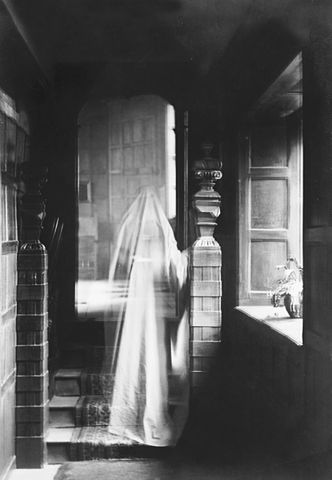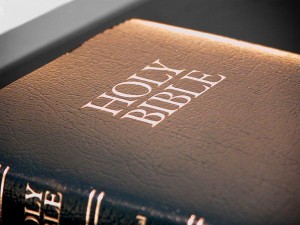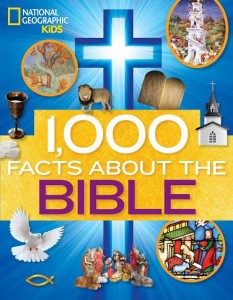On Tuesday, President Obama (or his speechwriters) made a mistake that has the Christian world snickering. Speaking about his immigration policy at a town hall meeting in Nashville, the President said,
“The Good Book says don’t throw stones at glass houses, or make sure we’re looking at the log in our eye before we are pointing out the mote in other folks’ eyes.”
The problem is, the Bible doesn’t say anything about glass houses. Although glass had been invented as early as 4,000 B.C., I’m pretty sure people in the Holy Land back in Old Testament days had never seen glass–let alone an entire house made of glass. Never mind that the President went on to compare the Christ Child to an illegal immigrant, saying,
“If we’re serious about the Christmas season, now is the time to reflect on those who are strangers in our midst and remember what it was like to be a stranger.”
After all, Christ was born in Bethlehem, the town of Joseph’s origins, because of Joseph’s desire to obey the law and register in the census.
* * * * *
That “glass houses” misattribution, humorous as it may be, is not the only quote to be mischaracterized as coming from Scripture. Here are seven other common sayings which have been wrongly attributed to the Bible.
- “Spare the rod, spoil the child.” The Bible does speak of the importance of discipline. Proverbs 13:24, for example, says, “He who spares the rod hates his son, but he who loves him is careful to discipline him.” But the saying is drawn, not from the words of Scripture, but from a poem by 17th century British poet Samuel Butler.
- “Money is the root of all evil.” Wow, I remember my mother saying this–but the Bible verse actually says something quite different. In 1 Timothy 6:10, Paul actually wrote, “For the love of money is a root of all kinds of evil.” It’s not the money itself that’s evil, but the individual’s greed.
- “Cleanliness is next to Godliness.” That sounds like Scripture, doesn’t it? But actually, the phrase is first written in English in 1605, in “Advancement of Learning” by British writer Francis Bacon. Almost two centuries later, in 1791, John Wesley made reference to the phrase in one of his sermons.
- “God moves in mysterious ways.” Um…. no. The closest you can come to that in Scripture is Isaiah 55:8: “‘For my thoughts are not your thoughts, neither are your ways my ways,’ declares the LORD.”
- “Hate the sin, love the sinner.” Again, this sounds almost biblical–but it’s not. Mahatma Gandhi, writing in 1929, said something very close: “Hate the sin and not the sinner.” Before that, St. Augustine in 424 A.D. said something similar: “With love for mankind and hatred of sins.”
- “This, too, shall pass.” Well, in the gospel of Matthew (24:35), the evangelist does remind us that our lives and, indeed, heaven and earth shall pass away. The phrase is actually taken, though, from “The Lament of Doer,” an Old English poem. It also appears in the work of Persian Sufi poets.
- “To thine own self be true.” Bible, no; Shakespeare, yes. The words are spoken by Polonius in the first act of Hamlet.











